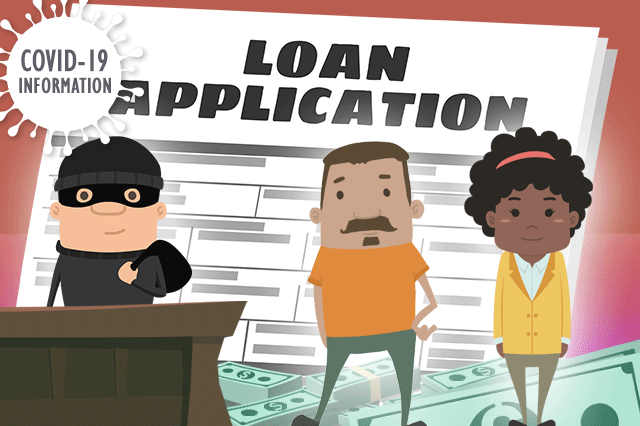COVID-19 Update: Beware of Mortgage Scams

Mortgage Relief Scams
According to several sources, certain mortgage relief scams begin with a con artist viewing public records of homes that may be in the pre-foreclosure process.
Since the start of the FHA moratorium on foreclosure measures during the American COVID-19 pandemic response, the CARES Act has also brought some foreclosure relief to many. But the scammer comes in with promises to save the home outright, offering to reduce mortgage payments...for a price.
Some of these scammers pretend to be associated with government agencies or even pretend to represent the “official” foreclosure relief options extended to you should you need them. How can you avoid being fooled by someone who claims to represent the government or a third-party foreclosure relief option?
For Mortgage Relief, Work Directly With Your Loan Servicer, not Third Parties
Do not rely on third parties for mortgage relief. Contact your loan servicer directly and personally make arrangements with the lender. If you aren’t sure how to proceed, there is help available from HUD-approved housing counselors.
You can get a referral to one to ask questions about loan forbearance and other mortgage relief by calling the FHA at their official, toll-free number: 1-800-CALL FHA.
And how do you know THAT number doesn’t lead to a scam itself? Is 1-800 CALL FHA really a hotline to a con artist pretending to be an FHA or HUD representative? There’s an easy way to find out.
Simply Google the phone number, and see the results that come up. In this case, 1-800-CALL-FHA google search results bring you to the FHA official site, where you can further verify the phone number by checking the FHA.gov numbers you should call for assistance.
Don’t Listen to Anyone Who Tells You not to Talk To Your Lender
One of the biggest tell-tale signs of a scam? Being told not to talk to someone who actually CAN help you. In the case of home loan relief, the scammer will tell you NOT to contact your lender.
The scammer is counting on you not calling the lender for verification. Even if you are in default on your mortgage or about to default, it’s better to call the lender directly to make arrangements. Third parties cannot act in your name in many cases without special legal permissions such as a power of attorney--if you have a third party offering to renegotiate your mortgage loan contract, contact your loan officer immediately to discuss this without the third party’s influence.
------------------------------
RELATED VIDEOS:
Do What You Can to Avoid Foreclosure
Homes Financed With FHA Loans Must Be Owner Occupied
FHA Programs for First-Time Homebuyers

Do you know what's on your credit report?
Learn what your score means.







